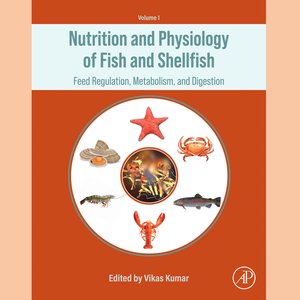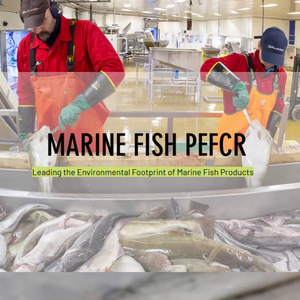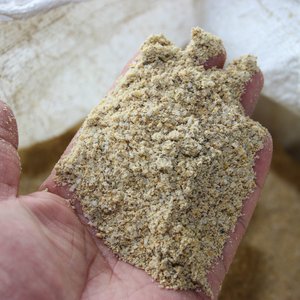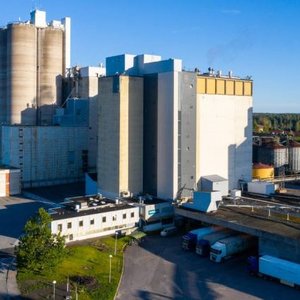While several Arab countries, particularly the Arabian Gulf countries, have the financial resources to purchase food commodities in spite of the falling price of oil, their main export commodity, it is nevertheless facing the issue of how to feed its rapidly growing population while also maintaining the prevailing living standards. While most Arab countries depend on imports to supplement their food supplies, they will have to increase their import bills thus ending an era of cheap food. The Arab countries are a highly import-oriented economy as they face a shortage of water resources for their agriculture, declining capture fisheries resources as well as rising costs of imports of raw materials. Besides, there is a large demand from a young, growing population.
FAO reports that the combined total fish production of the 22 states from all sources in 2012 reached 3.9 million tonnes of which 1.1 million tonnes (28.2 %) from marine and freshwater aquaculture. The combined total imports of seafood commodities in 2011 reached 961,000 tonnes valued at US$2.32 billion while the combined exports were 721,000 tonnes valued at US $1.69 billion resulting in a substantially negative trade balance in quantity by 240,000 tonnes and in value by $630,000. Moreover, most of the Arab exports are Moroccan canned products to outside the Arab region and most of the imports are from outside the region. Inter- regional trade is rather limited. The per capita of seafood consumption is around 10 kg/annum while the international average is 19.2 kg/annum.
Although fisheries and aquaculture do not contribute significantly to the overall economies of most Arab states, but it provides significant employment, food security and livelihood to many scattered fishing communities in coastal areas. The negative impact of climate change on fisheries resources is already evident in the declining catches from capture fisheries. The artisanal and small scale fisheries sector which land over 85 percent of fish will be severely affected by climate change in their coastal areas especially that they inhabit about 18,000 km of 34,000 km the total length of the coastal zones in the Arab region.
The Arab countries demand seafood products to supplement other food commodities for a fast growing population. The UN Population Division estimates that in 2015 the population of the Arab countries will reach 385 million people and is projected to rise to 604 million people by 2050.
All Arab countries, with varying degrees, consider food security to be the most important and in some countries vital to their national and social security. With a rapidly growing population and a mixed current regional political situation and amidst a generally poor performing economies it is necessary for the Arab countries to protect and increase domestic production of food commodities, including seafood commodities at publicly affordable prices to ensure food security in an atmosphere of globalization and liberalization of international trade.
Food security for Arab countries is considered one of the most important challenges and is vital to insure sufficient and affordable food commodities for the masses because:
Arab countries has a rapidly growing population which could reach 604 million people by 2050;
In addition to supplies of seafood, better utilization of bycatch, by-products and waste from post-harvest activities increases market supplies and generate extra income for fishermen, fish farmers, processers and traders;
Less bycatch means less time for sorting through target catch and the targeted catch would keep better quality and price;
In order to increase supplies, a comprehensive approach required for proper handling, processing and marketing techniques and product(s) development;
Better utilization of resulting by-products contributes to extra food supplies for human consumption and income as well as for other useful industrial uses; and
Public and private initiatives are needed for improvements in utilizing bycatch and waste mainly in the small-scale sector as well as the planned aquaculture projects planned by several Arab countries.
[Source:Izzat H. Feidi, Fisheries Consultant, FAO Globefish. Read article]







